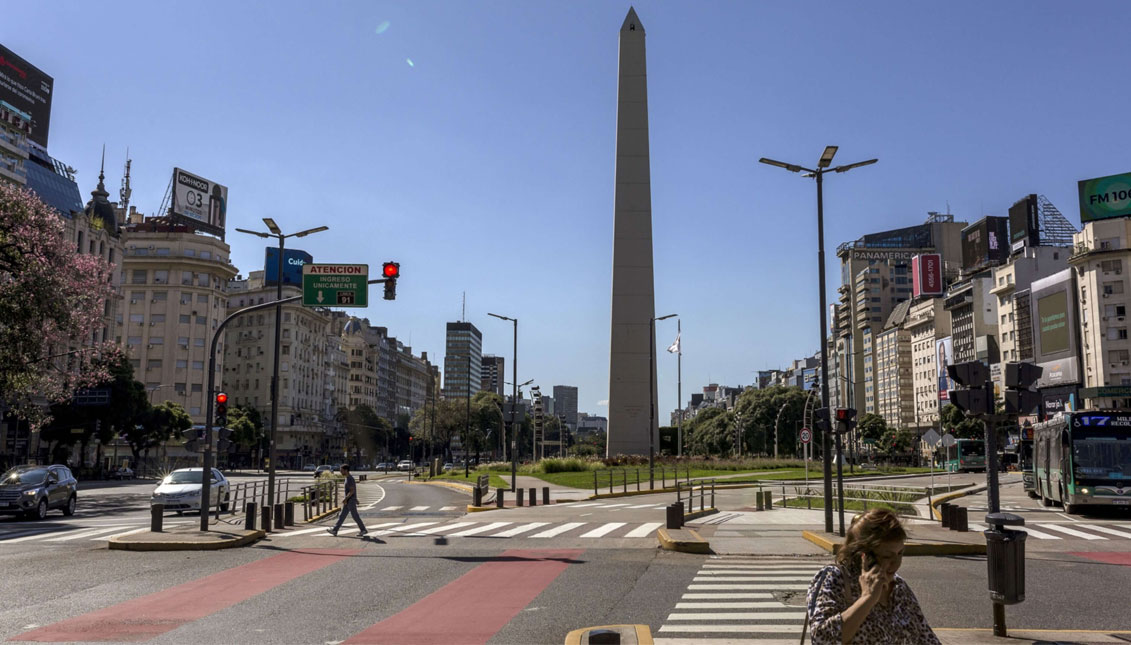
Argentina: between foreign debt and social investment in the midst of the pandemic
Argentina has officially defaulted on its foreign debt for the ninth time, and the country's ability to invest in its citizens will depend on the renegotiation…
Since Argentina's independence in 1816, the country has defaulted on its foreign debt nine times already. This time it coincides with the effort being made by the Argentine government to fight the battle against the coronavirus, which led to a sudden halt in an economy that was already in recession, in order to contain the pandemic.
The government's effort seems to have been successful, as so far Argentina has confirmed far fewer infections than most South American countries: while Argentina has 12,628 cases, Colombia has 21,981, Chile 77,961, Ecuador 37,355, Peru 123,979 and Brazil 374,898.

While estimates of the economic impact of the pandemic on the continent have not been long in coming and, for example, ECLAC has predicted that Latin America and the Caribbean could enter the greatest economic crisis it has seen since the Great Depression, the Argentine case is unique in that its economy was already in recession before SARS-CoV-2 appeared on the scene.
Among the difficulties that Argentina had already had in past years to comply with the payments of its foreign debt, the enormous social investment that the attention of the pandemic has required from all the countries and the blow that the quarantine gave to the economy, on May 22nd it passed without paying its debt interests.
Already in February of this year the IMF had assessed it as unsustainable and Alberto Fernandez, the Argentine president, had started to make moves in the political chess game of debt renegotiation. In early May a group of 138 impending economists - including Joseph Stiglitz, Edmund S. Phelps and Thomas Piketty - signed an open letter to Argentina's bondholders inviting them to take a constructive approach and restructure the debt.
RELATED CONTENT
Once the payment date was due, the start of negotiations became imminent.
The government's initial offer was to ask for a small reduction in the debt (5% on average), a major reduction in the interest to be paid (62%, that is, for every dollar owed in interest, they would pay 38 cents) and a three-year wait before resuming payment of the debt or interest. The proposal was received with a resounding no from the bondholders.
The counter-proposal was that the government pay 60 cents on every dollar. And there is speculation that they will reach an intermediate agreement between 50 and 55 cents on the dollar.
The underlying problem is that right now all countries are looking for more liquidity to alleviate the economic strangulation that citizens have fallen into as a result of the pandemic and to address the health crisis.
Without a renegotiation of the debt, Argentina will not be able to access loans that would allow for the necessary social investment, and an austerity policy in these circumstances would be a hunger sentence for millions of people.










LEAVE A COMMENT: